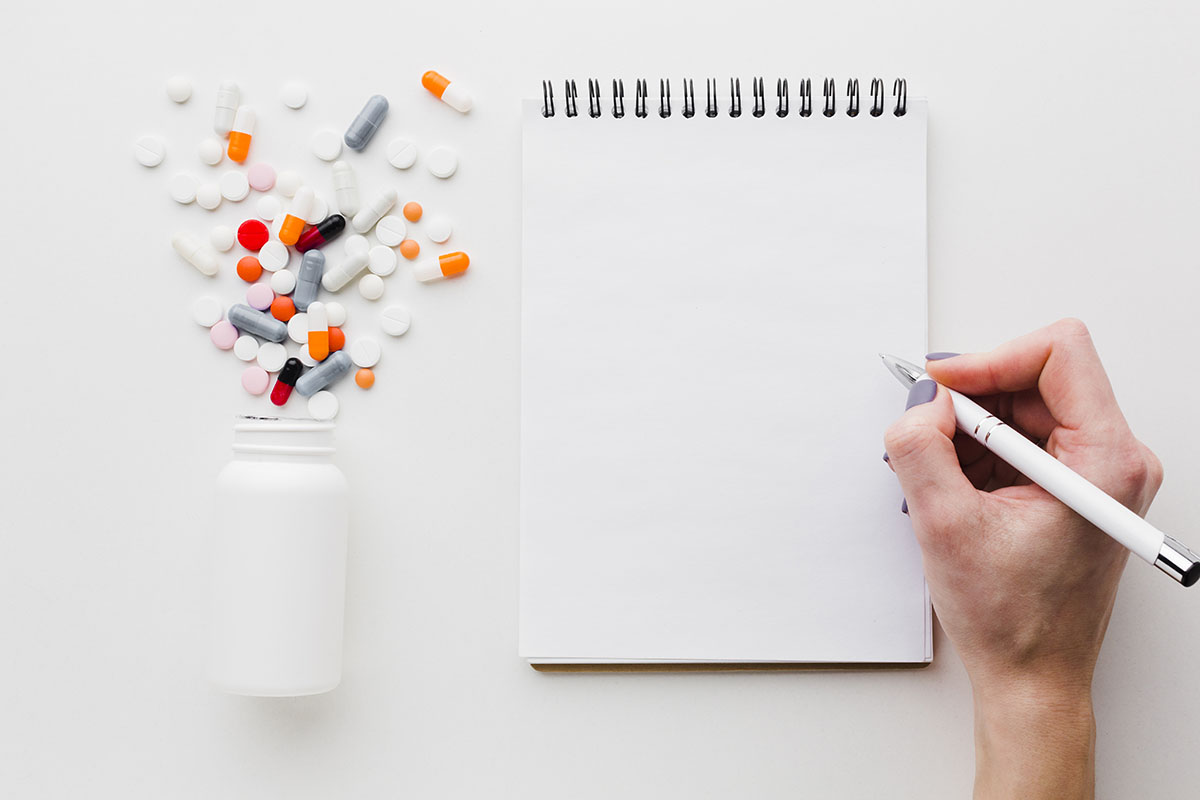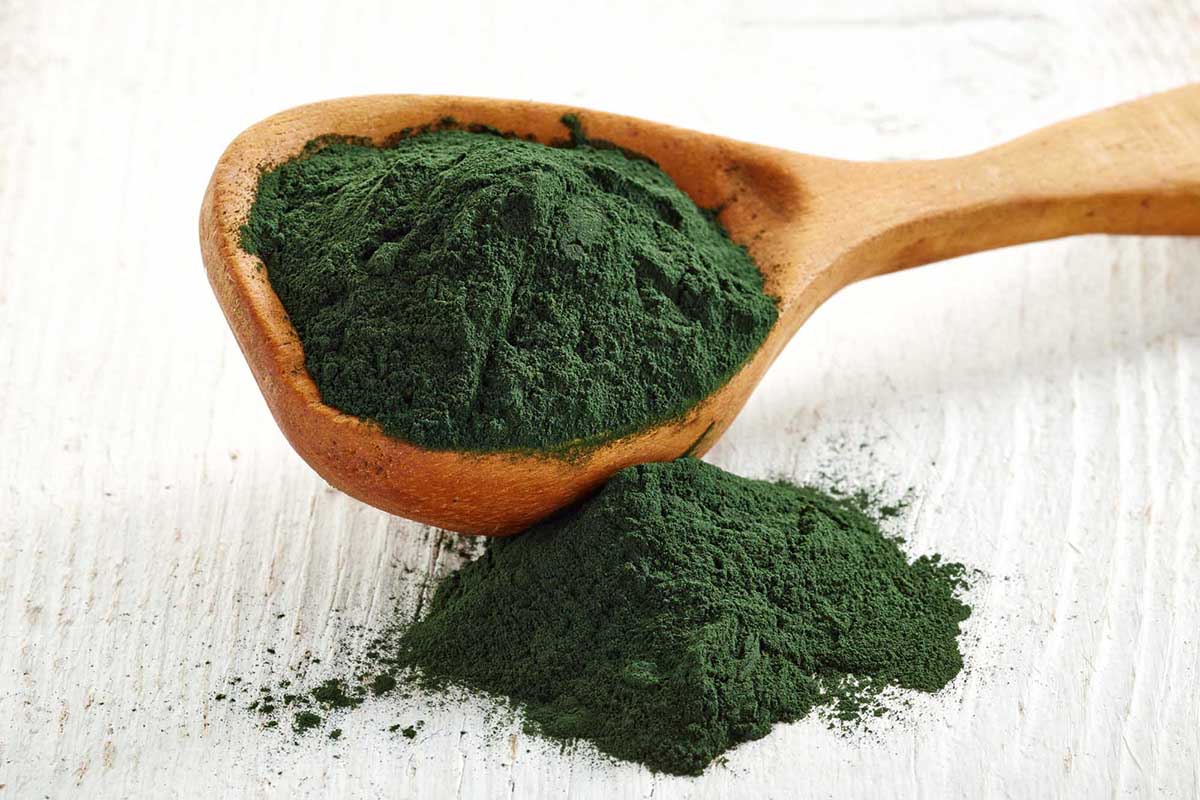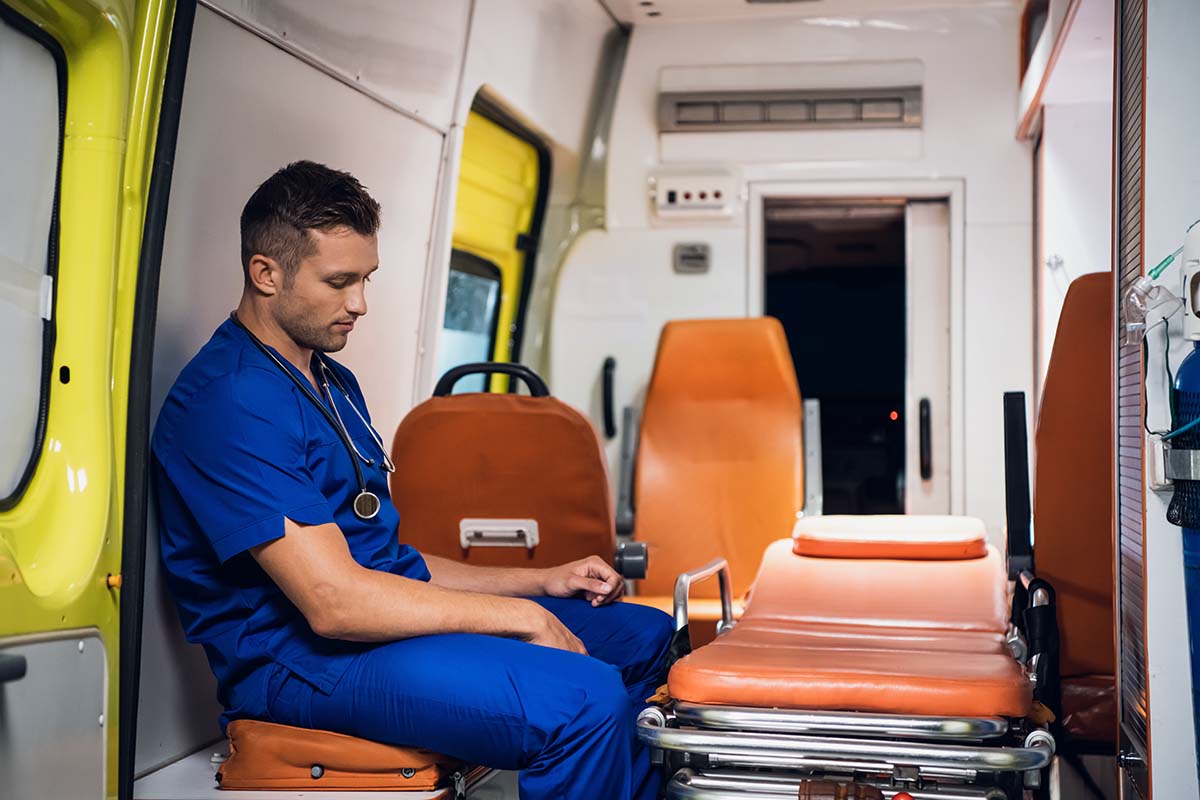How to Stock Medicine Cabinet So You’re Always Prepared
Every home should have a medicine cabinet. But, of course, there’s no point having a medicine cabinet if it’s not well-stocked.
When you need something to treat a wound or help you feel better, there should be supplies available in your medicine cabinet.
Although you might know that your medicine cabinet needs to be stocked with useful items, you might be slightly unsure about what exactly should go in it.
What are the essentials that every medicine cabinet should have?
If you want to keep your medicine cabinet stocked with the most important items, take a look at some of these suggestions.
First Aid Kit
A first aid kit is always handy to have in your home.
There are lots of small injuries that you can treat yourself and other more serious injuries for which you can administer first aid at home before getting medical attention.
You might have a first aid kit that you keep in your car or travel with, but it’s also useful to have one at home too.
There are lots of things that you can keep in your first aid kit. Some of the items that can be useful include:
- Plasters, sterile dressings, and bandages in different shapes and sizes
- Sterile eye dressings and eyewash or eye bath
- Cleansing wipes, antiseptic cream or spray
- Digital thermometer
- Sticky tape, scissors, safety pins and tweezers
How to Stock Medicine Cabinet: Cough and Cold Treatment
Coughs and colds might be common illnesses, but they can still make you feel horrible.
Some people might just let them run their course, but it can also be helpful if you have a few medicines to treat your symptoms.
Cough medicine for different types of cough can help to soothe your throat or chest.
Cold medicines can help you to deal with stuffiness, headaches, and other symptoms.
If you have medicines for coughs and colds, be sure you know what’s in them.
Many cold medications contain paracetamol or other painkillers, so you need to be aware of that to avoid taking too much.
Painkillers
Painkillers are a must when you’re stocking your medicine cabinet. They can come in different forms, including pills and topical gels.
Painkillers include paracetamol, ibuprofen, and aspirin. Aspirin should only be given to people aged 16 and over.
You might also have infant paracetamol or ibuprofen, or medicines containing them, such as Calpol.
You can easily ensure you have a stock of painkillers by ordering things like ibuprofen online.
Save yourself a trip to the shops by getting what you need to be delivered to you. Make sure that you keep your painkillers in a safe place.
They should be away from children or pets.
Digestive Medicines
Troubles with your digestive system can plague you in different ways. Indigestion and heartburn, diarrhea, and constipation could all cause you problems.
There are different medications that can help you out when you’re feeling unwell, or your digestive system isn’t running as it should be.
Rehydration salts can help you to stay hydrated if you’re having tummy troubles and struggling to retain liquids.
You might have anti-diarrhea medications, but be aware that they don’t stop the underlying cause.
Antacids will help with indigestion and heartburn, helping to reduce stomach acidity.
They come as solid tablets, chewable tablets, tablets you can dissolve in water, and liquid forms too.
Antihistamines
Antihistamines can be used to deal with allergies, insect bites, and hayfever.
They can soothe the irritation of the skin, sinuses, and other parts of the body.
Some antihistamines are topical and can help with rashes, as well as insect bites and stings.
Other antihistamines are taken orally and can help with hayfever and minor allergies.
Some antihistamines can cause drowsiness, but there are also plenty that don’t.
You can ask your pharmacist for help finding non-drowsy antihistamines or just check the packet when you’re purchasing.
Sun Protection
It’s something that a lot of people forget, but protecting your skin from the sun is essential.
Keeping sunscreen in your medicine cabinet will remind you to wear it regularly.
It’s not just for sunny days or trips to the beach. In fact, it’s a good idea to wear sun protection every day.
While you might not manage that, you can still use sunscreen when you’re out in the sun.
It will prevent you from getting sunburn when it’s very sunny, but it will also protect your skin long-term and help to prevent skin cancer.
Stock up your medicine cabinet so you’ll always have essential items for first aid, illnesses, and any other problems.




















